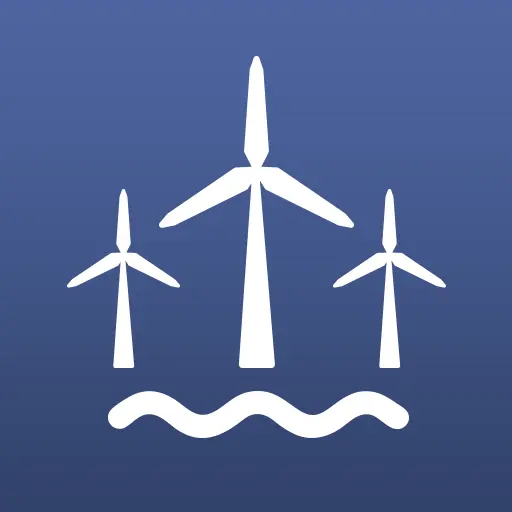
Swedish Pelagic Federation Producer Organization (SPF) represents the majority of Swedish fishing vessels in the pelagic fishery, including the herring and sprat fishery in the Baltic Sea. Every year our members account for approximately 90 percent of the total fished volume in Sweden. We thank you for the opportunity to submit our comments.
The scoping documentation provided to us states that no cross-border effects on neighboring EEZ are expected. We would like to point out that the planned wind farm Baltic Sea O-2.2 in the German exclusive economic zone can potentially have a negative effect on fish stocks caught by Swedish fishermen through underwater noise, vibrations, changing currents, sedimentation, or electromagnetic fields around cables during the wind farm’s operating phase. The present knowledge about these influencing factors and their effect on the underwater fauna is severely lacking. SPF therefore consider that it is of utmost importance that these factors and their cumulative effects on fish and other underwater fauna are carefully investigated in the forthcoming Environmental Impact Assessment (EIA).
Possible negative effects from a wind farm on fish spawning, foraging for food, migrations etc. may pose serious consequences in the long term for our members, if important fish stocks are affected negatively.
Members of our organisation have expressed a strong concern how existing wind farms may have led to behavioural changes in the fish. Over time as the wind farms have been developed in German waters, our members have noted that the herring migration pattern and behaviour has changed. In previous fishing grounds there is no longer any herring. The herring has taken other paths and is now staying in deeper waters than before, and it is more difficult for our fishermen to know where the herring is located. The herring in the western Baltic Sea has extremely poor recruitment and our fishermen fear that it might be linked to wind farm establishments on or near previous spawning grounds.
SPF believes that Sweden should participate in the continued progress of the Environmental Impact Assessment (EIA). It is essential that the possible effects of the planned wind farm on fish stocks in the Baltic Sea are carefully investigated and that the cumulative effects of this and other planned and existing wind farms in the Baltic Sea are taken into account in the analysis.
The EIA should describe the expected effects on the fish stocks and fishery during both construction and continuous operation and decommissioning of the wind farm. For fishing practices, a reference timeframe of at least 10-15 years should be used.
Annelie Rosell, SPF